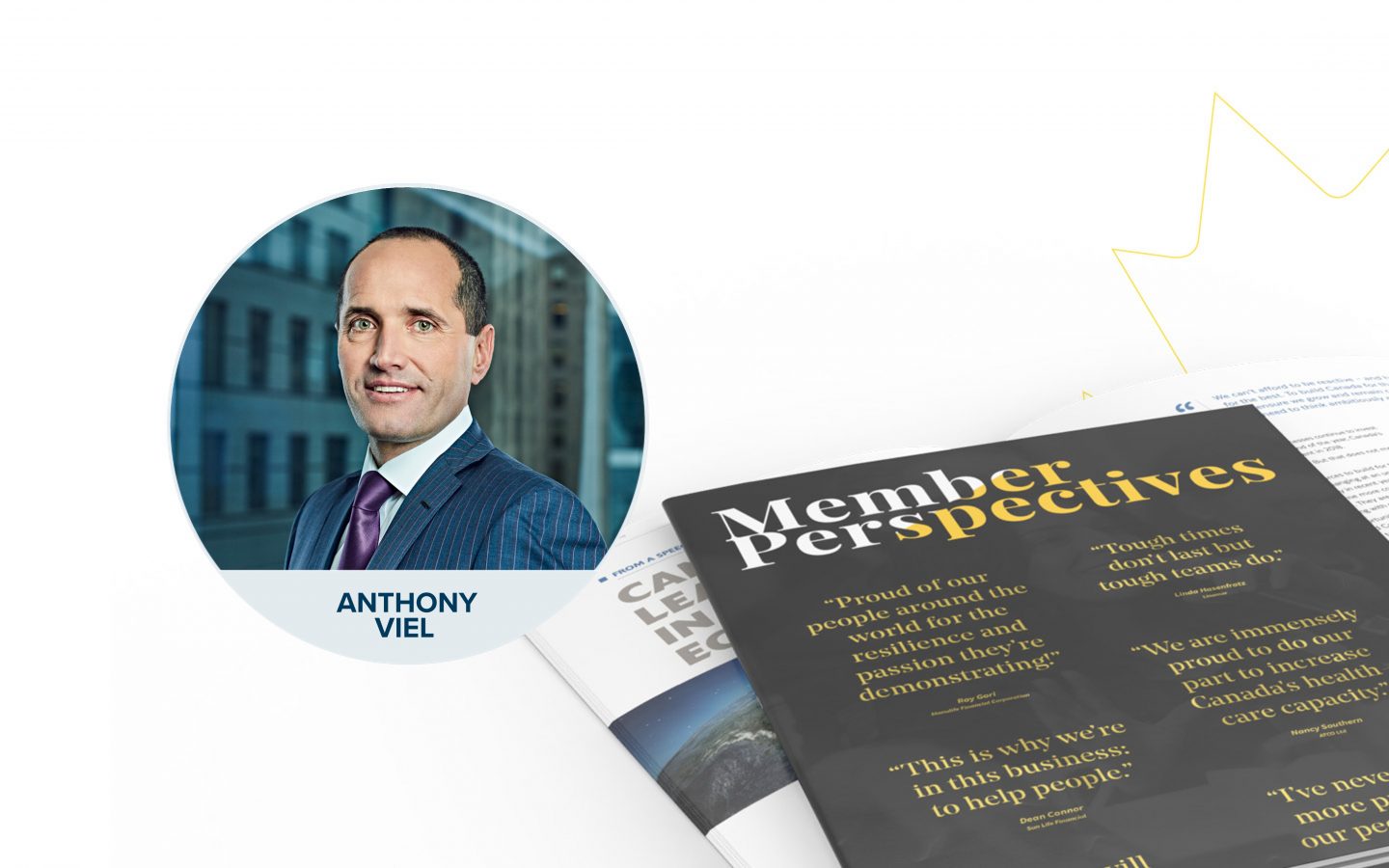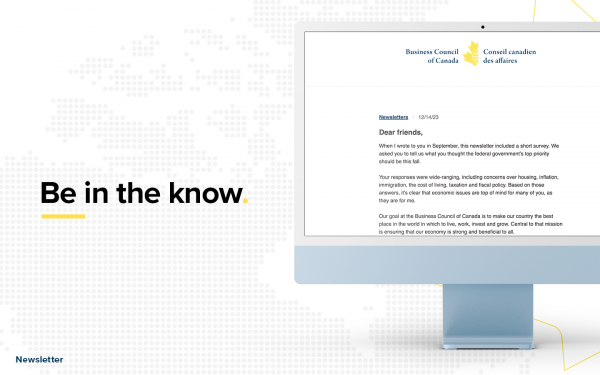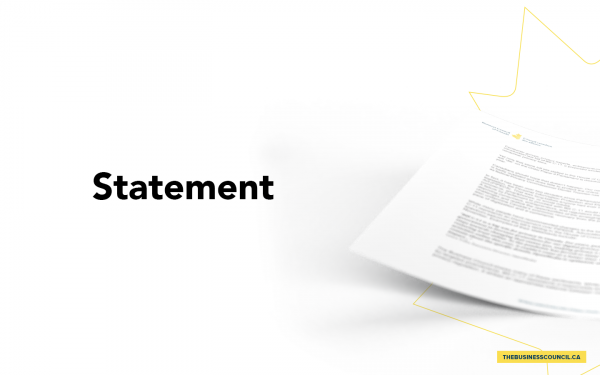Net-zero carbon emissions: the time to talk about “why” is over
Over the month of April, leaders, organisations and companies will go to great lengths to share their views on climate change, speaking convincingly about “why” we must change our ways, and committing to “doing more”. But the time of opining about “why” we must achieve net-zero carbon emissions by 2050 is, quite frankly, long gone.
Canada has joined a growing list of countries, including Japan, France, and the United Kingdom, in pledging to reach net-zero carbon emissions by 2050. Getting to net-zero carbon emissions by 2050 is no longer a choice of why or when. The only thing left to decide is how we get there. One way we can achieve our goal is quite simple – a global lockdown every two years for the next decade. I jest, but I include this point as an example of the scale of the change and the level of commitment we need to achieve this goal. It will not be easy.
Where do we start
Finding the starting point is half the challenge. As humans, we are affected by the climate crisis in many ways – as a citizen, customer, an employee, a parent, a leader, and more. It’s easy to feel overwhelmed, unsure what to do, or where to start. At Deloitte, we say that climate action is not a choice. It’s billions of them.
As with the fight against COVID-19, achieving our climate goals will require significant and sustained collective action. But to mobilize the collective, there must be trust in science and a recognition that the world is facing an existential threat. Trust in climate science will increase public concern around climate change and will support much needed policy changes. Successful climate change mitigation and adaptation will then depend on the public’s trust in an organisation’s willingness and ability to take real action against climate change.
The social, political and economic pressure on organisations to contribute to the fight against climate change is only increasing. People want to support organisations that are doing the right thing. They want to work for these companies, buy goods and services from these companies, and partner with these companies for the long-term. Therefore, there’s an opportunity here to build trust with our stakeholders by showing them how we can generate value by operating in a socially responsible way. We need to show them how we can effectively decarbonize. This will also help to incent others within our ecosystem to join forces in this global challenge.
Doing our part
We recognize that change starts from within – less say and more do. For our part, we have committed to achieving net-zero emissions by or before 2030 and empowering our people and engaging those within our ecosystem to do the same. By showing our clients how we’re adapting our own business, we build the trust needed to help them on their journey. To help meet our goals, we have launched WorldClimate: our strategy to drive responsible climate choices within our organisation and beyond.
Within WorldClimate, you’ll find a number of our commitments including: reducing our business travel emissions 50% per full time employee, source 100% renewable energy for our buildings, embed and align our climate policies, practices, and actions across our organisation, empower our people to make the right choices, and engage our ecosystem and clients. Living true to our purpose to share knowledge, we will continue to add more resources and research to help others along the way.
We help our clients by breaking the net-zero journey down into five important stages: measure, analyze, transform, scale, sustain. This is how our clients see that they can implement and execute on a sustainable vision for the future while protecting and creating value over the long-term. Regardless of where an organisation is on their net-zero journey, we can work with them to solve their challenges as well as reveal new business opportunities.
Doing what’s hard isn’t easy
We take this seriously – it’s not just about making bold commitments on Earth Day. In fact, we drew a line in the sand last September when we outlined in Catalyst: A vision for a thriving Canada in 2030 what would happen if Canada did not act now to reduce our carbon emissions. We argued that a carbon-pricing strategy could substantially lower emissions, allowing us to meet reductions laid out in the Paris Agreement. This was unpopular with some, but necessary.
And while some would rather write-off the energy and resources industry, we don’t agree. Deloitte isn’t going to shy away from doing what’s hard. Many in the energy and resources industry have courageously and publicly declared their intention to become carbon neutral by 2050. It is this type of leadership that will set Canada up to thrive in the next 150 years. The challenge now for these organisations is to understand how to get there and what material impact their actions will have on their valuations, operations, employees and markets over the next few years. Deloitte is working with several Canadian-based energy companies, guiding them from strategy to action to not only accelerate their decarbonization journey and transition the industry over the next 30 years, but also to demonstrate to other sectors that Canada can be a global leader here -a position we should aspire to more often as Canadians. It won’t be easy, but this is what is needed and we’re up for the challenge.











